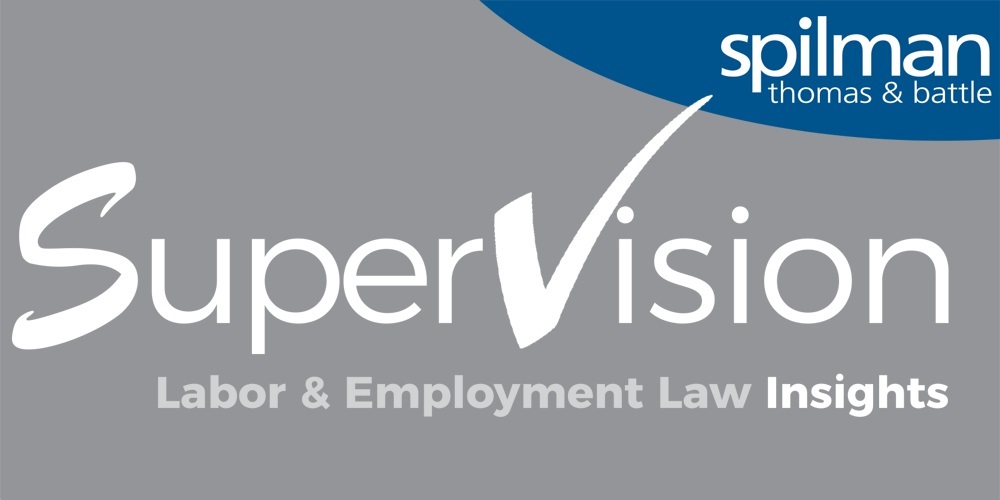Article
Resources
Article
For Virginia Employers: Employment Law Changes Effective July 1, 2023

On July 1, 2023, laws that were passed by the General Assembly and signed into law by Governor Glenn Younkin become effective in Virginia. In the most recent legislative session, a number of new employment laws were passed applicable to Virginia employers.
1. HB1895 – Expansion of Prohibited Contractual Provisions in Cases of Sexual Assault and Sexual Harassment
Current Virginia law (Va. Code § 40.1-28.01) prohibits an employer from requiring, as a condition of employment, prospective and current employees from agreeing to a confidentiality or non-disclosure agreement that would prohibit or restrict disclosure of a sexual assault.
Effective July 1, the law has been amended and expanded to cover a broader array of claims and to prohibit a broader array of contractual terms. In particular, the law will now also apply to sexual harassment and sexual assault cases, and, in addition to non-disclosure and confidentiality prohibitions, HB1895 will prohibit assent to non-disparagement terms as a condition of employment.
While this will prohibit the use of these terms for current and/or prospective employment arrangements, on its face, the law does not apply to a post-employment severance or separation agreement, provided it is not a condition of employment.
2. HB2010 – Expands Subpoena Powers of Virginia Employment Commission
Effective July 1, 2023, Commissioners at the VEC will be empowered to authorize any VEC attorney to issues subpoenas to compel witness attendance and production of documents. This should strengthen the VEC’s ability to investigate claims and obtain relevant information. It will also add to the administrative burden on employers in responding to unemployment claims.
3. SB1040 – Protecting Employee Social Security Numbers
This new law prohibits employers from using Social Security numbers, or any “derivative thereof,” as a means of employee identification number such an employee ID or badge. Although there is no definition for “derivative thereof,” it likely includes the last four.
Notwithstanding this new law, in light of the rise in cybersecurity risks and privacy laws, employers should be mindful of publishing personal identifiable information of employees.
4. SB1086 – Organ Donation Leave
This new law gives employees protected, but unpaid, leave for organ and bone marrow donation. While the law is similar to the FMLA, some of the applicable provisions are slightly different. Among other things, the new law applies to employers with 50 or more employees (it does not matter how spread out these employees are geographically) and obligates those covered employers to provide 60 business days of leave in a 12-month for organ donation and 30 business days of leave in a 12-month period for bone marrow donation (as compared to FMLA’s 12 weeks in a 12-month period). Employees eligible to take this leave must have worked for at least a 12-month period and 1,250 hours in the preceding 12-month period.
Employers need to be prepared to implement these news laws, where applicable, on July 1. If you have any questions regarding these new laws, including their applicability to your organization, Spilman’s labor and employment team is available to answer any questions.


